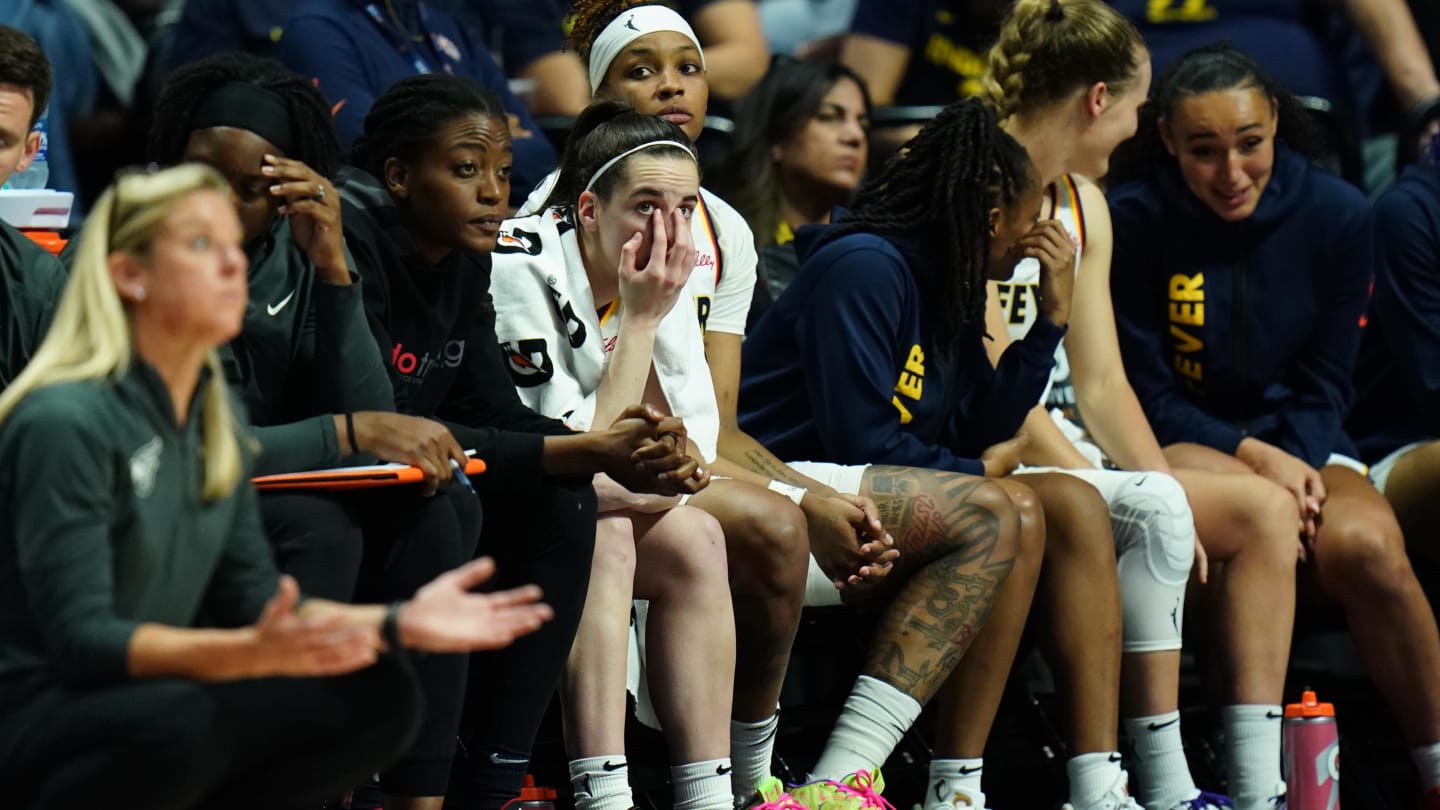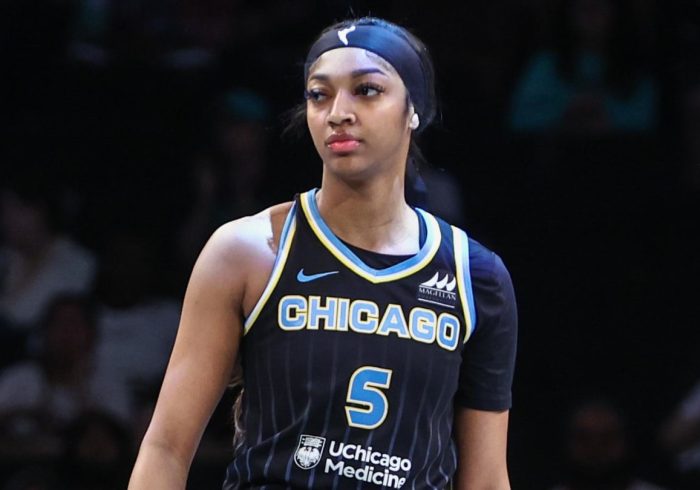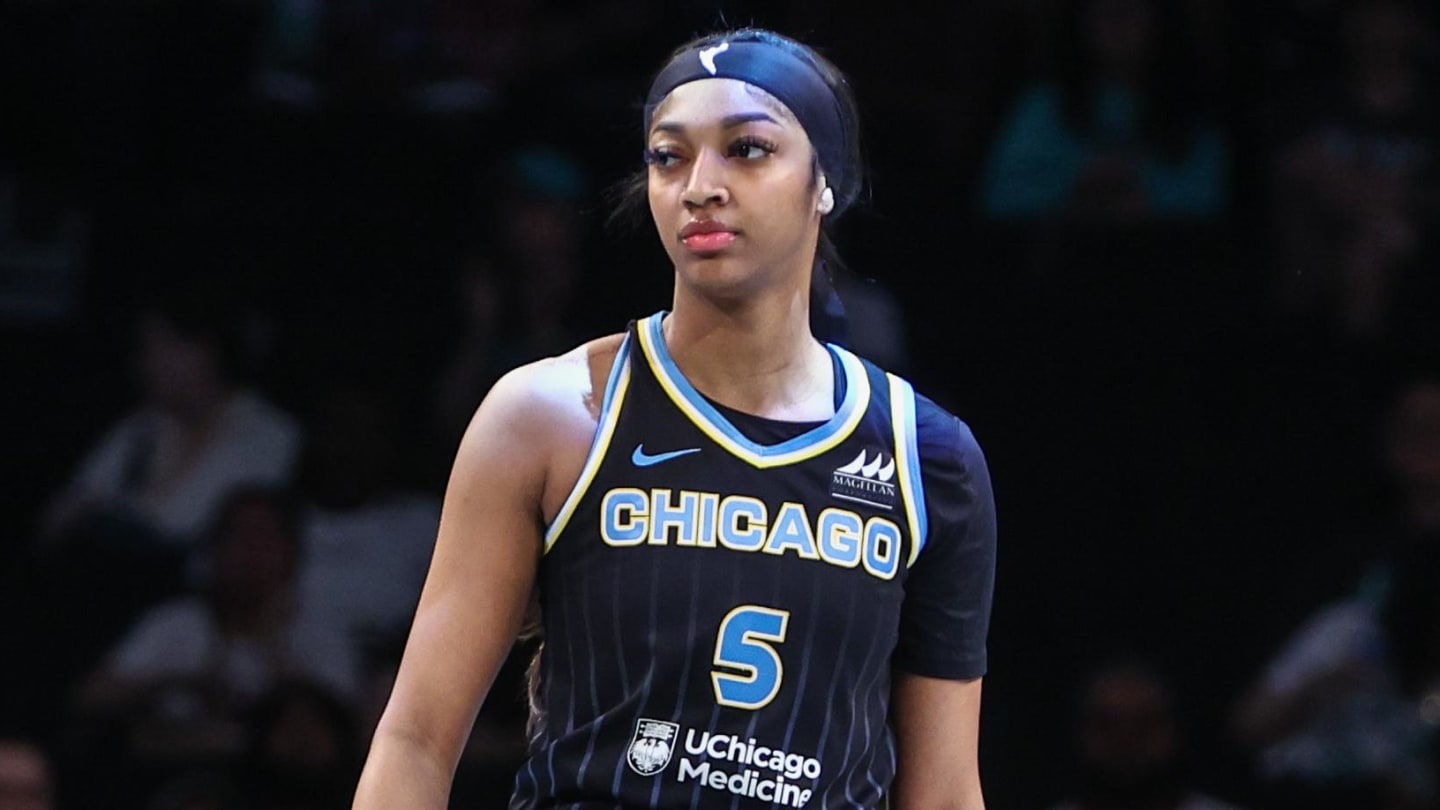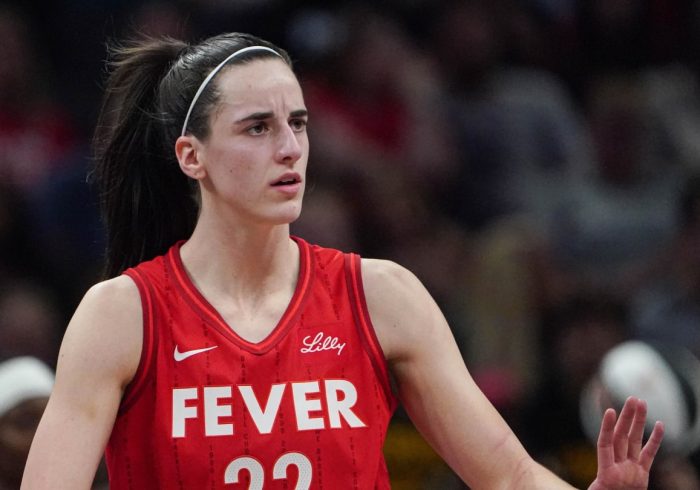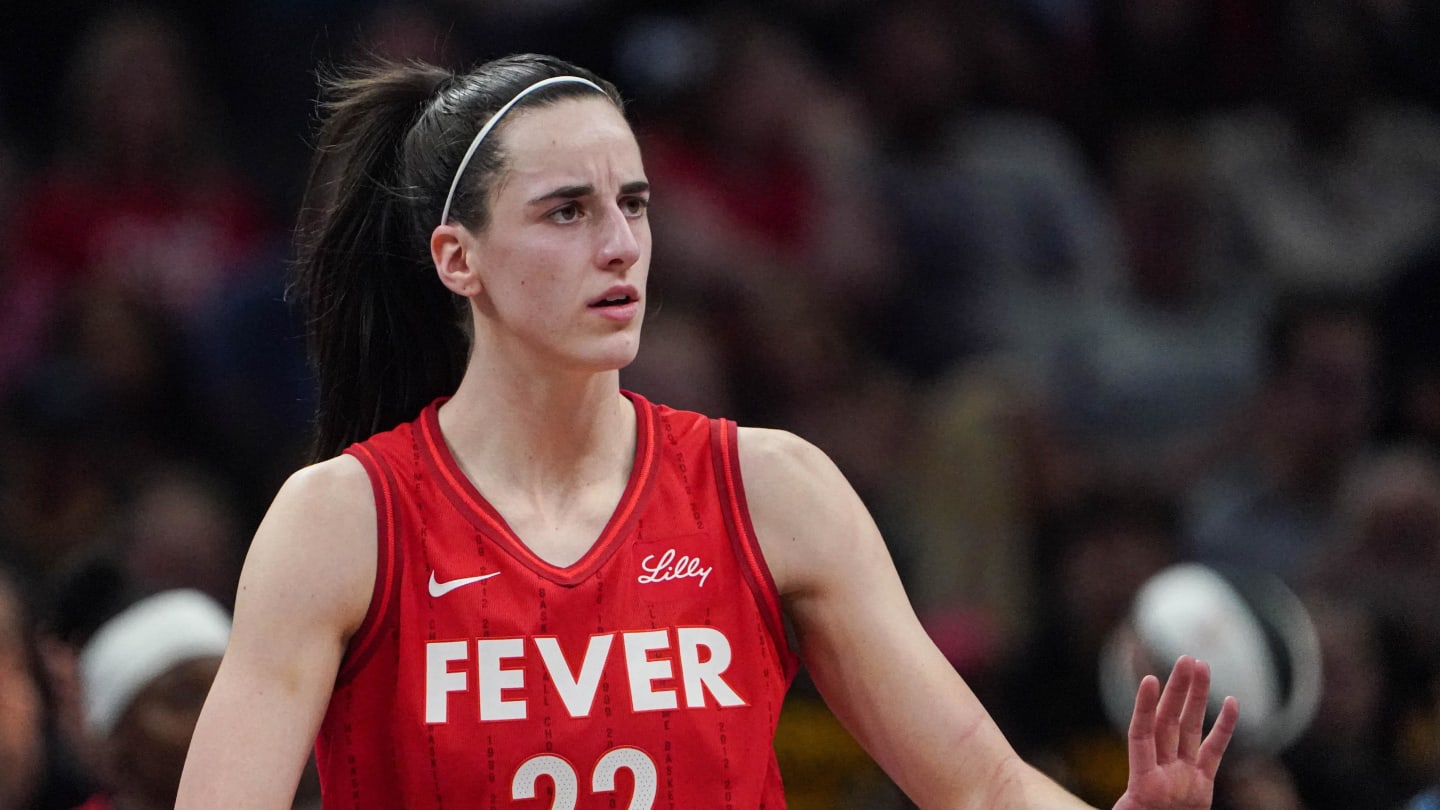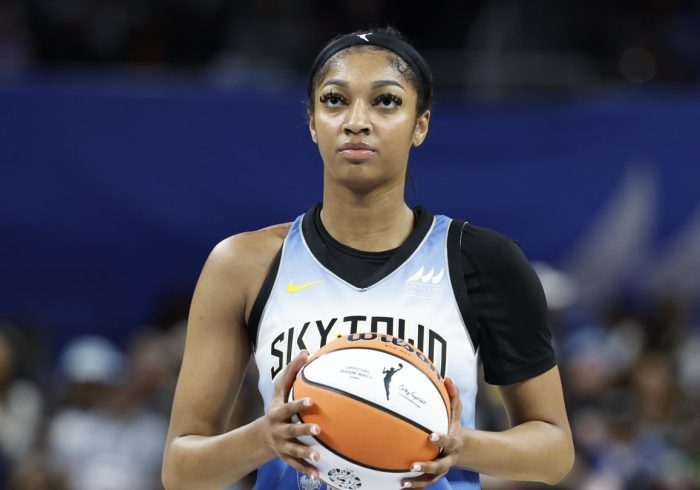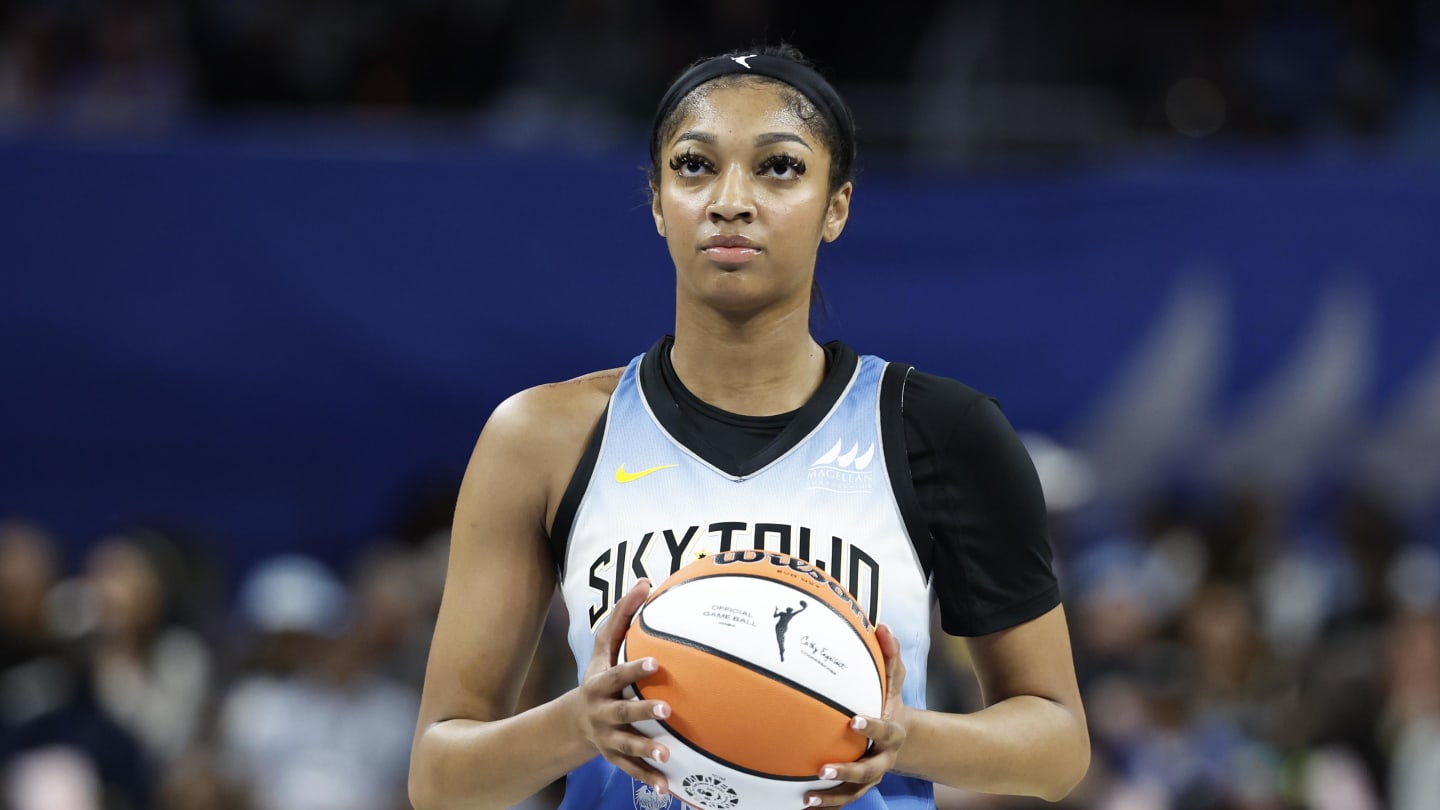Caitlin Clark and the Indiana Fever suffered an ugly 89-72 loss to the Connecticut Sun on Monday night to fall to 3-10 on the season. Clark finished with only 10 points on 3-of-8 shooting in what was one of her worst games of her young WNBA career.
Clark got into some foul trouble and sat for a long time in the second half, which led to something you’re not used to hearing in the arena of an opposing team—fans started chanting “We want Caitlin!” with hopes that the No. 1 pick in the WNBA draft could get back out on the court.
Here are those scenes:
Chants of “We want Caitlin” are starting to ring out here at Mohegan Sun Arena.
Clark hasn’t played since the middle of the third, when she picked up her fourth foul. pic.twitter.com/yU0HQDkh4H
— Chloe Peterson (@chloepeterson67) June 11, 2024
“We want Caitlin” chant has broken out at Mohegan Sun Arena. Clark was taken out at the 5-min mark in the third quarter. It is now 3 minutes in the 4th.
Sun lead 85-68 pic.twitter.com/h7elckqMM5
— Matthew Byrne (@MatthewByrne1) June 11, 2024
The Fever will be back in action Thursday night when they host the Atlanta Dream.
